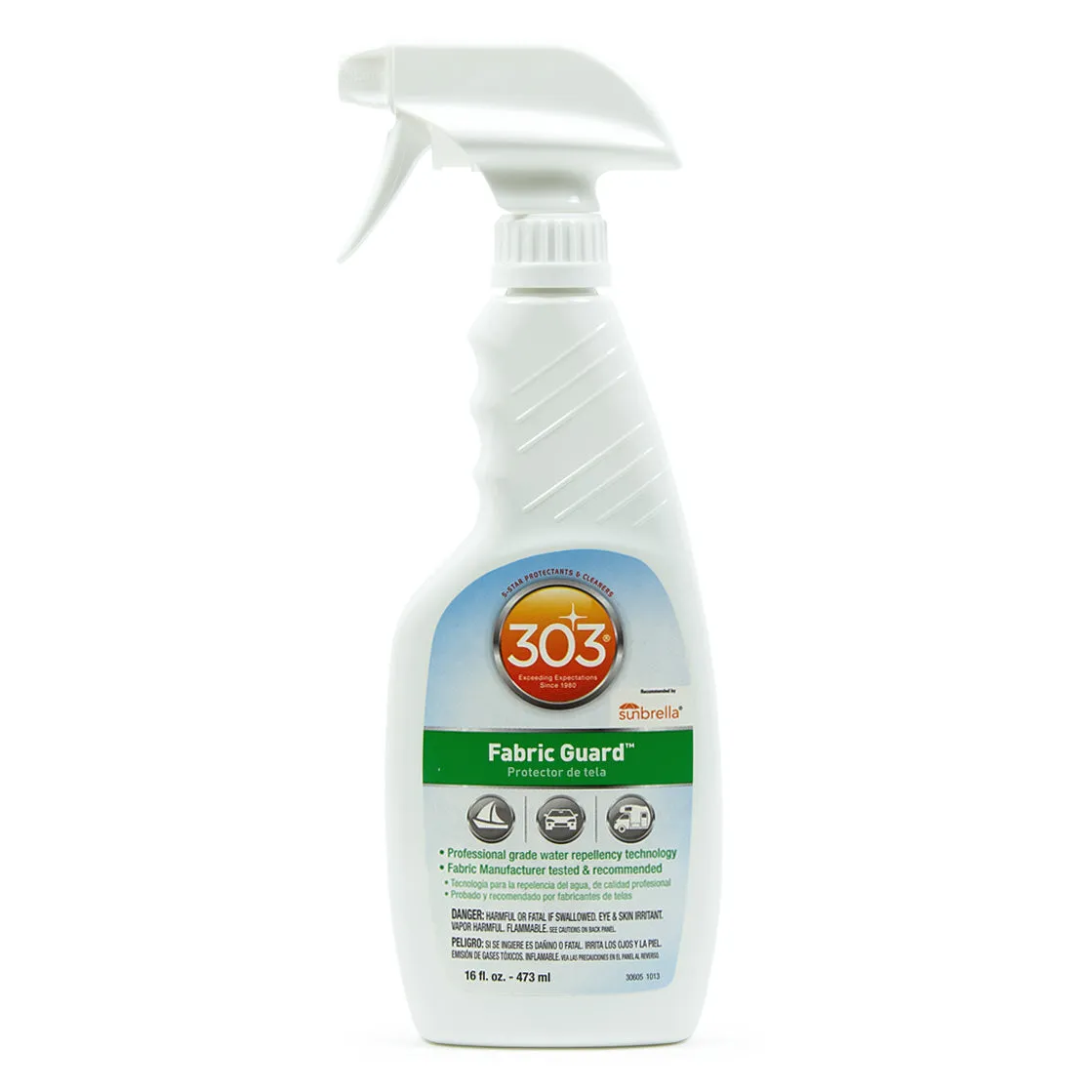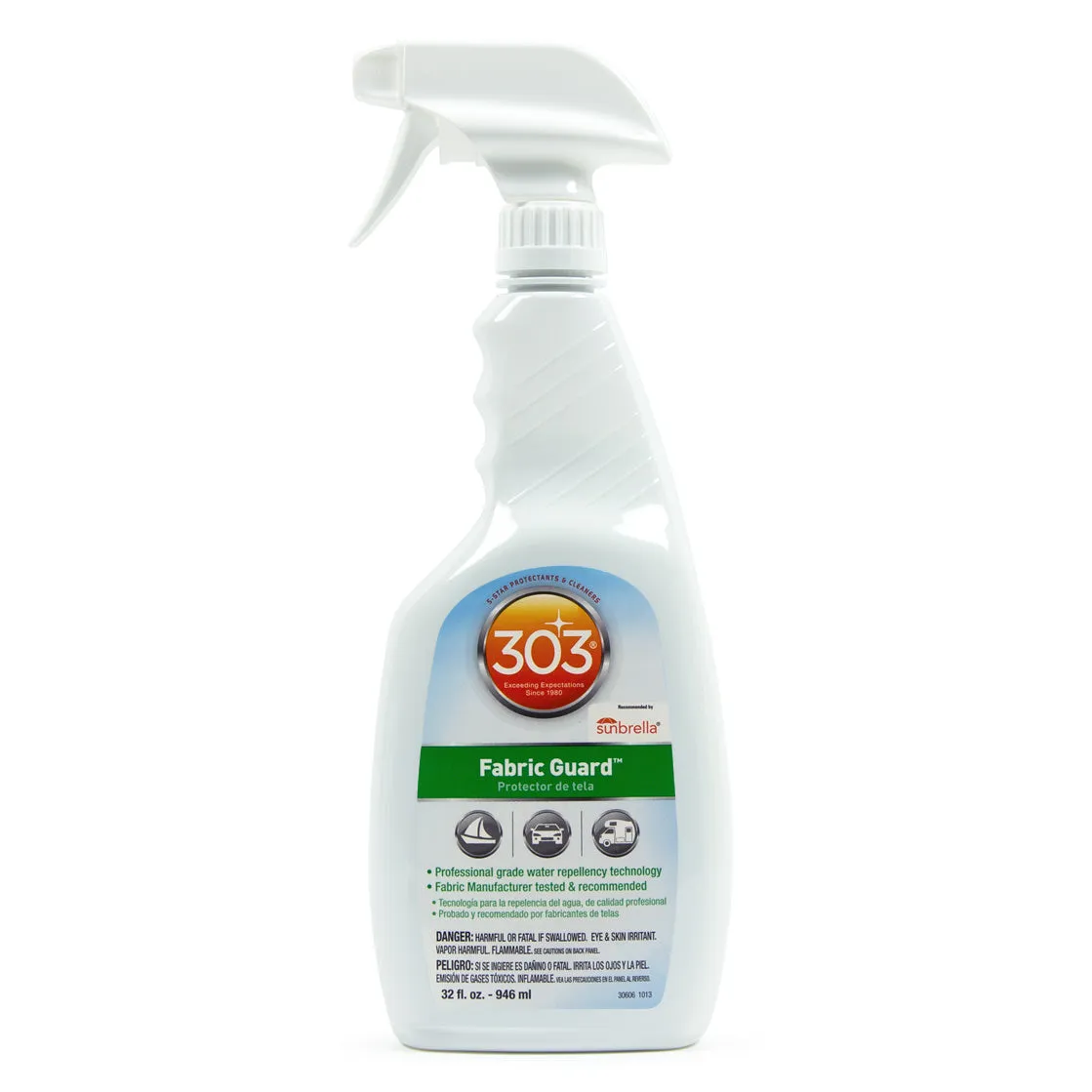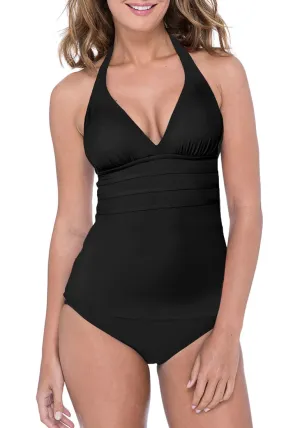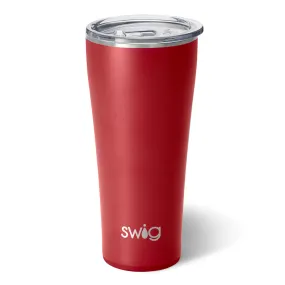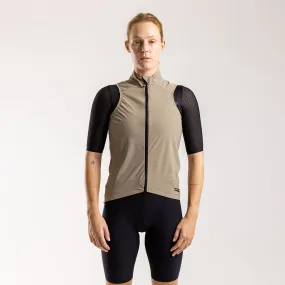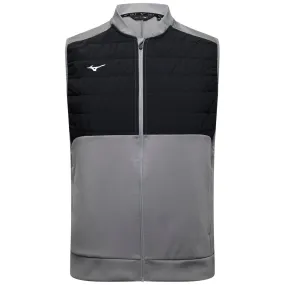We Say
303 Fabric Guard is an excellent fluoropolymer-based proofing agent that is easy to use. We rate it highly for reproofing fabric convertible tops and adding water repellency and stain protection to interior mats and fabrics. Able to withstand the British elements for many months at a time and virtually impervious to soft drink spills inside the car, it is one of those products that pays for itself in terms of the benefits it brings. Just think: (i) no more premature fading of or mildew accumulation on your fabric convertible top; (ii) no more continually damp, musty smelling mats during the winter months, and; (iii) no more spillage disasters when children are in your car (just a simple mopping up job instead). In a word, it's brilliant, and comes highly recommended.
Key Features
Adds ProtectionYes(Polymer-Based)
Beading6/10(Compared To Others)
Durability3 Months (Average Value)
Description
303 Fabric Guard is a technologically advanced fluoropolymer-based fabric protectant that is powerful enough to protect fabrics under extreme outdoor weather conditions, yet gentle enough for safe use on delicate materials such as wool, silk and fine leathers, including suede. On automotive fabrics both inside and out, 303 Fabric Guard imparts long-lasting water repellency, resists everyday soiling and staining, impedes mildew formation and helps to protect such fabrics against harmful UV rays from the sun. Treated surfaces therefore stay cleaner and fresher looking for longer, reducing the need for future maintenance.
Specification
| Adds Protection | Yes |
|---|---|
| Beading |
|
| Chemical Basis | Polymer-based (fluorinated) |
| Contains UV Absorbers | Yes |
| Durability | 3 months |
| Emits Strong Fumes | Yes |
| Stain Resistant | Yes |
| Suitable For | Fabric surfaces |
How To Use
For best results, fabric surfaces to be treated with 303 Fabric Guard must be spotlessly clean and completely dry before use. Working in a warm, dry place out of direct sunlight, 303 Fabric Guard should be sprayed on liberally and then rubbed in well with gloved hands before being left to dry fully. Once dry, we recommend lightly misting the newly protected surfaces with water, as this will enable you to spot any areas where insufficient protection has been added (the telltale sign is a lack of prominent water beading). If such areas are apparent, a further coat should be applied to ensure that maximum protection is achieved. Any overspray on to adjacent surfaces should be wiped away immediately with a . Freshly protected surfaces must be allowed to dry fully before being exposed to the elements.




